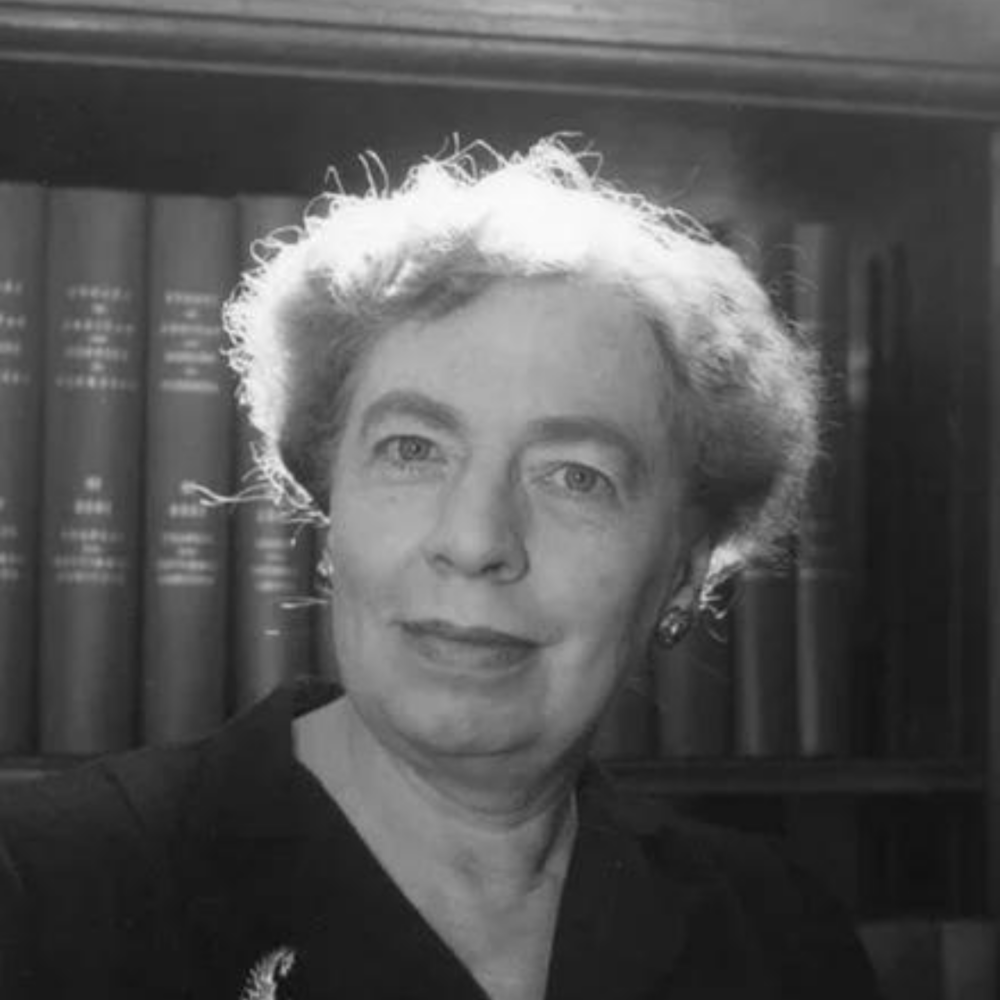
Funding Opportunities
Division 1 Society for General Psychology Mary Whiton Calkins Grant
The APF/Society for General Psychology Mary Whiton Calkins grant encourages research that fits into the broad category of general psychology with a particular interest in research that combines multiple subfields within the discipline or addresses overarching themes.
The APF/Society for General Psychology Mary Whiton Calkins grant encourages research that fits into the broad category of general psychology with a particular interest in research that combines multiple subfields within the discipline or addresses overarching themes. The strongest proposals will align with one or more of Division 1’s (Society for General Psychology) goals and will support faculty members who seek to promote coherence among psychology’s subfields.
The grant will support faculty who teach at primarily undergraduate serving institutions and who identify undergraduate education as their primary focus.
Eligibility
APF encourages applicants from diverse backgrounds with respect to age, race, color, religion, creed, nationality, ability, sexual orientation, gender, and geography.
Applicants must:
- be a member of Division 1 (Society for General Psychology)
- teach psychology at a primarily undergraduate serving institution
Members who have served on the Division 1 executive committee in the past 3 years are not eligible.
Graduate students are not eligible to apply, as they are not considered faculty.
Preference will be given to:
- applicants who have not been awarded these funds in the previous 3 years
- projects that are likely to be presented and/or published in a peer-reviewed outlet or that could be made available to division members through web resources
- projects that involve undergraduates
Learn more about Division 1 (Society for General Psychology).
Application Instructions
Application Materials:
- project proposal
- CV
For questions or more information about the award, please contact Charlene Chester.
Evaluation Criteria
Applications will be evaluated on:
- the extent to which the proposal is aligned with one or more of the Division 1 goals
- applicants should explicitly address alignment with Division 1 goals in their proposals
- the quality of the core elements of the proposal:
- literature review
- methodology
- intended outcome (e.g., likelihood of presentation/publication, potential as a shared resource)
Please be advised that APF does not provide feedback to applicants on their proposals.
Please review our Program FAQs for important details on the application process.

Recent Recipient
Dr. Diana Betz
Loyola University Maryland
“Do Perceived Threats Drive Skepticism of Sexual Assault Research? The Role of Hostile and Benevolent Sexism”
Past Recipients
2023
Dr. Diana Betz, Loyola University Maryland
“Do Perceived Threats Drive Skepticism of Sexual Assault Research? The Role of Hostile and Benevolent Sexism”
2022
Kevin Criswell, PhD, Eastern Washington University
“How Internalized Stigma and Loneliness Affect Health and Academic Performance in University Students with Physical and Mental Chronic Health Conditions: A Longitudinal, Multi-Cohort Study”
2021
Fay Allison Guarraci, PhD, Southern University
2020
Michael A. Cohen, PhD, Amherst College
“Does knowledge and memory “fill-in” our perception of the world?”
Madison Wyn Silverstein, PhD, Loyola University New Orleans
“A Training and Mentoring Program for Future Psychologists of Color”
2019
Jessica Salvatore, PhD, Sweet Briar College
“Strong Feelings About Trigger Warnings in the College Classroom Provide Fertile Ground for Investigating the More General Question of How Negative Meta-Stereotypes Catalyze Intergroup Conflict.”
2018
Kara Sage, PhD, College of Idaho
“Does swiping help collaboration? Tablets’ role in groupwork.”
2017
Erin Cooley, PhD, Colgate University
“Developing Love for the Outgroup without Sacrificing Perceived Loyalty to the Ingroup: Testing an Intervention to Maximize the Benefits of Cross-Race Friendships.”
Manyu Li, PhD, University of Louisiana
“The psychological impact of natural disasters in the Gulf Coast: Mediating effects of place attachment, community support and hassles and uplifts.”
